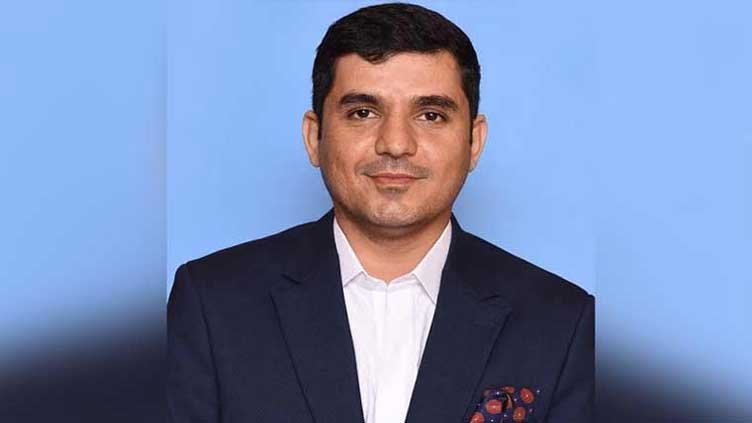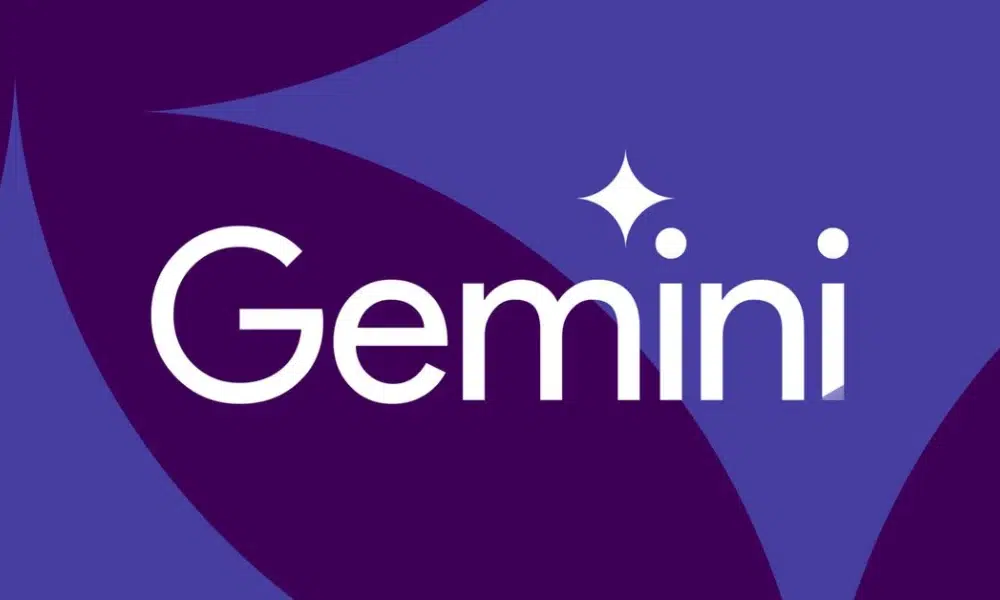Tech giants Microsoft and OpenAI are reportedly collaborating on a data center project expected to surpass $100 billion in costs.
Initiative Overview: Developing “Stargate”
The collaboration aims to develop a massive artificial intelligence (AI) supercomputer named “Stargate” by 2028. This initiative addresses the growing demand for AI data centers capable of handling complex tasks, driven by advancements in generative AI technology.
Financial Outlook and Project Scope
Microsoft is expected to shoulder most of the financial burden, exceeding existing data center operations by a factor of 100. “Stargate,” located in the United States, will be the centerpiece of a comprehensive six-year initiative consisting of five phases.
Initial Deployment and Challenges Ahead
Microsoft is currently focused on deploying a smaller-scale supercomputer by 2026 to meet OpenAI’s requirements. However, a significant financial challenge lies in procuring specialized AI chips, each priced between $30,000 and $40,000, according to Nvidia CEO Jensen Huang.
Integration and Projected Costs
Despite Microsoft’s chip development efforts, the project plans to integrate chips from various suppliers. The estimated project costs exceed $115 billion, surpassing Microsoft’s annual investments in infrastructure development.
Strategic Investment and Long-term Vision
This substantial investment underscores Microsoft’s commitment to advancing AI innovation and infrastructure, aligning with its long-term strategic objectives.
Advancements in AI on the Horizon
At the recent World Government Summit in Dubai, OpenAI CEO Sam Altman discussed the upcoming GPT-5 model, highlighting its superiority over previous iterations across various aspects.
GPT-5’s Potential and Future Impact
Expected to represent a significant leap in AI capabilities, GPT-5 holds promise in approaching human-level intelligence. It excels in tasks like deciphering ancient languages and will introduce advanced functionalities like image generation via DALL-E and video synthesis via Sora, potentially revolutionizing AI exploration.

















